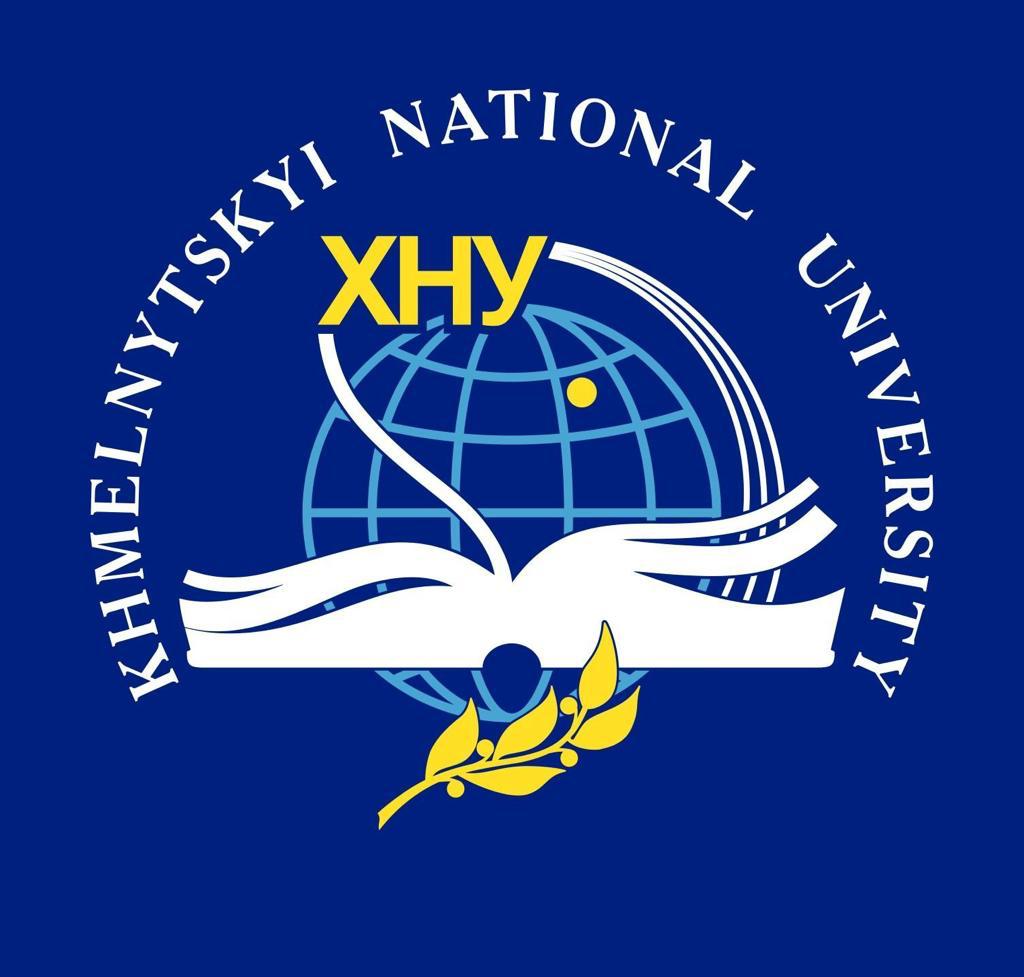ON THE PROBLEM OF THE USE OF PROHIBITED DRUGS IN OLYMPIC AND PROFESSIONAL SPORTS
DOI:
https://doi.org/10.31891/pcs.2025.1(1).68Keywords:
Olympic and professional sports, research, dopingAbstract
The problem of the use of banned drugs in Olympic and professional sports remains relevant due to the ever-increasing level of competition and the desire of athletes to achieve maximum results. Doping violates the principles of fair play, creating an unequal playing field for athletes and endangering their health.
Current trends in the fight against doping include the development of genetic tests to determine the natural characteristics of athletes' bodies, which allow detecting even the slightest changes caused by the use of prohibited substances. The field of athletes' biopassports is also actively developing, allowing tracking long-term fluctuations in physiological parameters and identifying anomalies related to possible doping.
In addition to technological measures, an important component of the fight against doping is the formation of a “clean sport” culture, which should start from a young age. Promoting ethical values in sport, supporting athletes who adhere to “fair play,” and creating social support programs for those who refuse to dope can help change attitudes toward illegal drugs in the sporting environment.
The use of prohibited drugs in sports is a serious violation regulated by anti-doping organizations such as WADA.
Doping scandals have a negative impact on the reputation of athletes, sports federations, and even entire countries. They also affect commercial aspects, such as sponsorship contracts and advertising strategies.
Modern anti-doping measures include genetic testing, athletes' bio-passports, advanced testing methods, and educational programs. At the same time, there is criticism of the current anti-doping policy for its repressive nature and shortcomings in control approaches.
In professional sports, doping controls are often less stringent than in Olympic sports, which creates additional challenges for the fight against doping. The use of banned drugs continues to be a complex issue that requires a comprehensive approach, combining technological progress, ethical education of athletes, and effective legal regulation.
References
https://www.wada-ama.org/en/who-we-are
Pavliuk, Ye., & Pavliuk, O. (2024). Analiz zakonomirnostei rozvytku olimpiiskoho ta profesiinoho sportu. Physical culture and sport: scientific perspective, (4), 62–68. https://doi.org/10.31891/pcs.2024.4.8
Lazurko Yu., Pityn M., Edeliev O. (2024). Zmist naukovo-metodychnoho obhovorennia antydopinhovoi diialnosti u sporti. Olympicus, (3), 80–87. https://doi.org/10.24195/olympicus/2024-3.11
https://www.wada-ama.org/en/who-we-are
https://nadc.gov.ua/sportsmenu/shcho-zaboroneno-u-sporti-zaboronenyi-spysok
Platonov V. N. Doping in olympic sport: signs of the crisis and ways to overcome it / V. N. Platonov // Pedagogics, psychology, medical-biological problems of physical training and sports. - 2016. - № 6. - S. 53-86. - Rezhym dostupu: http://nbuv.gov.ua/UJRN/PPMBE_2016_6_10.
https://mms.gov.ua/storage/app/sites/16/Antidopingova_dijalnist/vsesvitniy-antidopinogviy-kodeks.pdf
Hrytenko O. A. (2022). Deiaki spirni pytannia kryminalno-pravovoi protydii koruptsii u sferi sportu. Pivdennoukrainskyi pravnychyi chasopys. (1-2) 82–86. https://doi.org/10.32850/sulj.2022.1-2.15
Melnikov A., Shynkaruk V., Zhyrov D. Dopinh ta yoho vplyv na sportyvnu konkurentospromozhnist. Pivdennoukrainski mystetski studii. 2024. № 1. S. 34–37.
Deng Z., Guo J., Wang D. et al. Effectiveness of the world anti-doping agencys e-learning programme for anti-doping education on knowledge of, explicit and implicit attitudes towards, and likelihood of doping among Chinese college athletes and non-athletes. Subst Abuse Treat Prev Policy, 2022. 17, 31 https://doi.org/10.1186/s13011-022-00459-1
Garcia J.F., Seco-Calvo J., Arribalzaga S., Díez R., Lopez C., Fernandez M.N., Garcia J.J., Diez M.J., de la Puente R., Sierra M., Sahagún A.M. Online information and availability of three doping substances (anabolic agents) in sports: role of pharmacies. Front Pharmacol. 2023. 14:1305080. https://doi.org/10.3389/fphar.2023.1305080
Hurst P., Ring C., Kavussanu M. Ego orientation is related to doping likelihood via sport supplement use and sport supplement beliefs. Eur J Sport Sci. 2022. № 22(11). rr. 1734–1742. https://doi.org/10.1080/17461391.2021.1995509
Downloads
Published
How to Cite
Issue
Section
License
Copyright (c) 2025 Євген ПАВЛЮК , Олександр АНТОНЮК , Оксана ПАВЛЮК

This work is licensed under a Creative Commons Attribution 4.0 International License.





